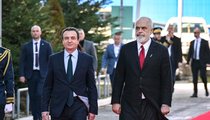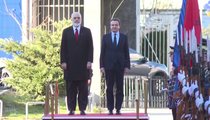EU increases Russian gas imports - Purchases expanded by 30% in the first half of 2025
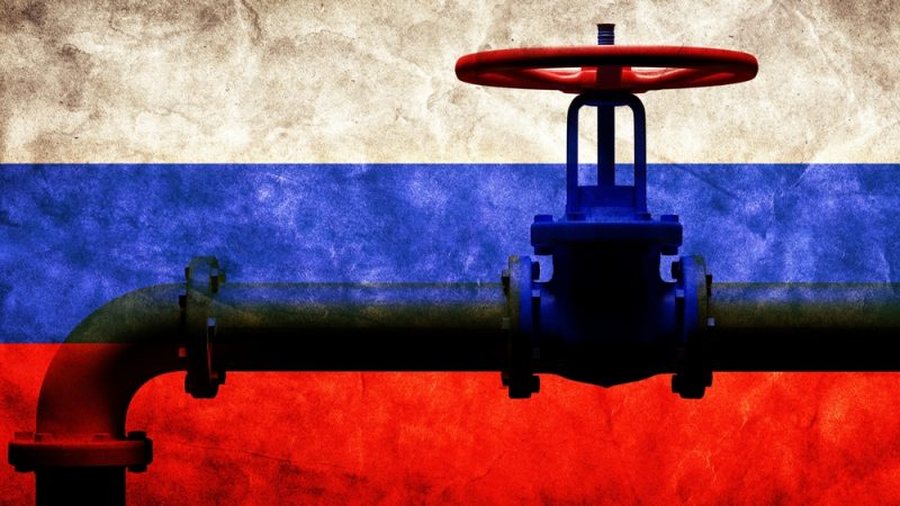
The European Union spent around 4.48 billion euros on imports of liquefied natural gas (LNG) from Russia during the first half of 2025. The data marks a significant increase, compared to the 3.47 billion euros spent in the same period in 2024, according to Eurostat.
The figures show that Russian LNG imports rose by almost 30% year-on-year, even as the bloc continues to impose a series of sanctions on Moscow. Total EU LNG purchases for the first six months of 2025 amounted to 26.9 billion euros, with the United States providing the largest share, 13.7 billion euros or 45%. Russia continues to supply gas through the TurkStream pipeline. “These supplies are only intended for a few countries, such as Hungary and Slovakia,” Deutsche Welle reports.
Russian liquefied natural gas arrives in Europe via tankers, with shipments increasing in 2024 but falling again from the start of 2025. The EU received around 5.7 billion cubic meters of Russian LNG between January and March 2025.
The current sanctions framework creates an uneven playing field for Russian energy products. “Russian oil is primarily subject to the EU embargo, set to expire in 2023. Sanctions on Russian gas apply only to pipeline gas and include exemptions for Budapest and Bratislava,” Deutsche Welle pointed out.
The lack of restrictions on LNG has allowed purchases by major EU economies to continue. “As for liquefied natural gas from Russia, the European Union has not imposed any restrictive measures. It was actively purchased, in particular, by Spain, France, the Netherlands and Belgium. At the same time, Austria, Poland and the Baltic states have voluntarily refused gas from Moscow in the past,” the report says.
The data highlights broader patterns of EU-Russia energy trade. In 2024, the European Union spent around €21.9 billion on fossil fuel imports from Russia, just 1% less than the previous year. This amount was higher than the €18.7 billion in financial assistance the EU provided to Ukraine during the same period.

The rise of major currencies continues - Dollar, Euro and Franc strengthen!
The US dollar, like the day before, has again registered a slight increase in its value this morning, being bought at 82.4 lek and being sold at 83.7 lek......
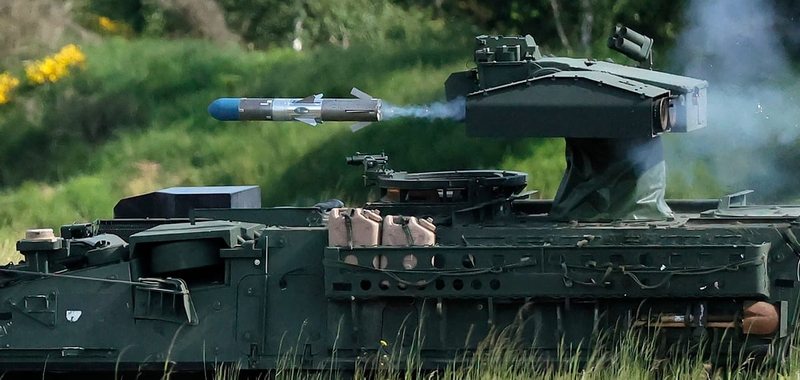
China "controls" the German military - Dependence on critical Chinese minerals threatens the development of the industry
Chancellor Friedrich Merz has expressed his intention to turn Germany into Europe's leading military power. However, his and his government's ambitions could......
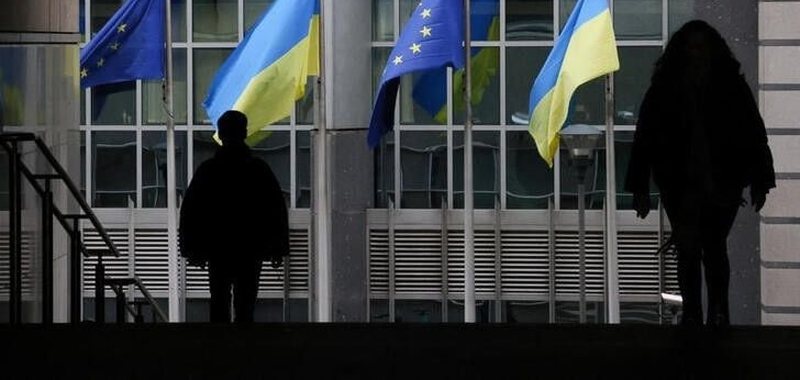
Support for Ukraine, Europe surpasses the US - Leads in arms spending, defense industry contracts
In May and June 2025, European countries continued to maintain a high level of support for Ukraine, especially in military aid. A significant part of the......
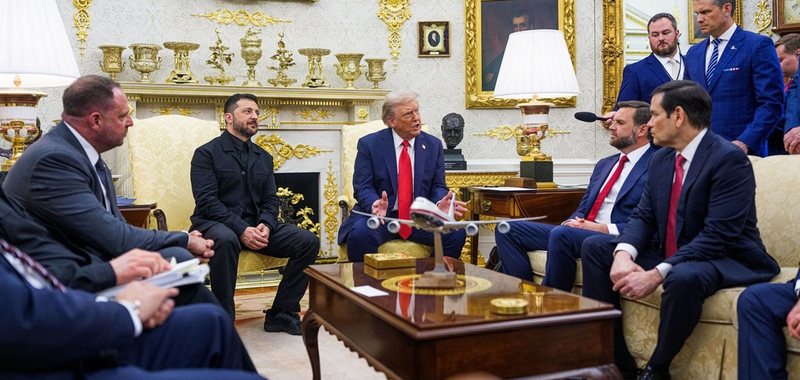
Europe reacts after White House meeting - Leaders of major powers optimistic about reaching ceasefire in Ukraine
After meeting at the White House, European leaders expressed moderate optimism that US President Donald Trump is making progress in fulfilling his election......

ChatGPT, 2 billion USD in two years - The application generates about 3 dollars for each installation on the phone
ChatGPT’s phone app has generated $2 billion in consumer spending since its launch in 2023, earning an average of $2.91 per install. This year alone, the app......
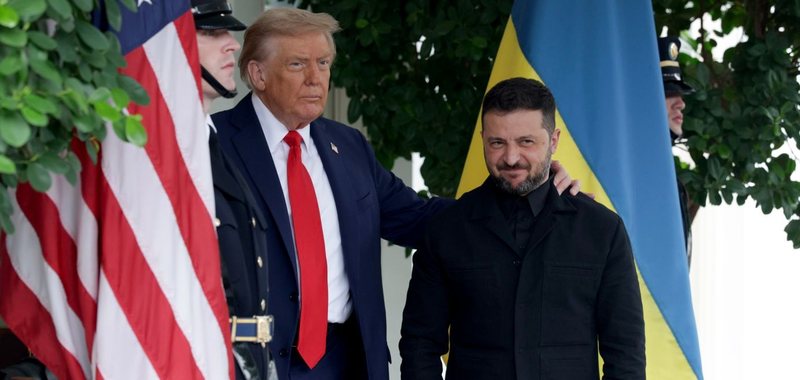
"US, part of security guarantees" - Trump assures Zelenskyy of US commitment to Ukraine
As the world held its breath for the Donald Trump-Volodymyr Zelenskyy summit in the Oval Office, with EU leaders watching from behind closed doors, the two......

Announcement for the Milot Road and Railway Bridge/ ARRSH: The emergency intervention project is completed!
The Albanian Road Authority announces that in collaboration with the Polytechnic University of Tirana, they completed in a short time the drafting of the......

"Electric trains coming in 2027" - Tirana-Durrës-Rinas Railway, construction of stations begins
"The construction of the Tirana-Durrës-Rinas railway line will be completed next year, while the electrification and arrival of trains for the start of......






